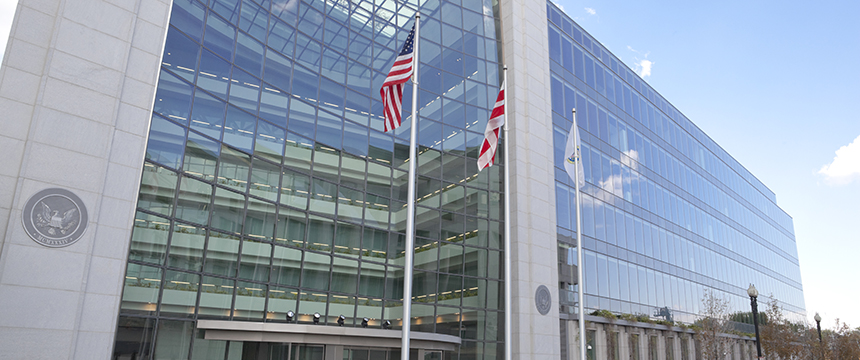
On December 15, 2021, the Securities and Exchange Commission proposed amendments to Rule 10b5-1 under the Securities Exchange Act of 1934, which provides a safe harbor and affirmative defense from insider trading for corporate officers and directors that trade securities pursuant to a stock trading plan under the Rule. Specifically, Rule 10b5-1 trading plans provide a mechanism for corporate insiders to buy and sell company stock outside of open trading windows pursuant to a trading plan, so long as the plan is adopted in good faith while the corporate insider is not in possession of material nonpublic information. Prior to these proposed amendments, it was widely expected that the Commission would strengthen Rule 10b5-1 to curb perceived abuses such as where corporate insiders adopted plans while in possession of material nonpublic information or utilized multiple plans at the same time to capitalize on potential trading opportunities. Highlights from the proposed amendments include:
- A mandatory 120-day cooling-off period before any trading can occur following the adoption or modification of a trading plan by a corporate insider;
- A mandatory 30-day cooling-off period before any trading can occur following the adoption or modification of a trading plan by the issuer;
- Corporate insiders must certify that they are not aware of any material nonpublic information prior to adopting or modifying a trading plan;
- The affirmative defense under Rule 10b5-1(c)(1) does not apply to multiple overlapping trading plans for open market trades in the same class of securities;
- Trading plans to execute a single trade are limited to one plan per 12 month period; and
- As before, trading plans must be entered into and operate in good faith.
Additionally, the proposed amendments include enhanced disclosure requirements including:
- Issuers must disclose in annual reports their insider trading policies and procedures and, if they have not adopted such policies and procedures, why that is the case;
- Issuers must disclose in annual reports its option grant policies as well as tabular disclosure showing grants made within 14 days of the release and material nonpublic information and pricing data the day before and after the date such information is released;
- Issuers must disclose in quarterly reports the adoption or termination of Rule 10b5-1 trading plans for issuers and corporate insiders; and
- Corporate insiders must make check the box disclosures on Forms 4 and 5 as to whether a reported transaction was made pursuant to a Rule 10b5-1 trading plan.
The SEC’s release regarding the proposed Rule 10b5-1 amendments will be published in the Federal Register and open for comment for 45 days.


